Part of EIHA’s Safeguarding Policy published ahead of the 2022/2023 season at https://eiha.co.uk/safeguarding/
‘Playing up’ refers to situations where a junior player joins a team with players who are older than his/her chronological age. Conversely ‘playing down’ would refer to any situation where an older player were to be placed in a team with chronologically younger players.
The EIHA recognises that ‘playing up’ can be beneficial for the skills development of junior players, but ‘playing down’ is not approved or condoned by the EIHA. This is primarily on the basis of maintaining fairness to the younger players by not introducing a player who may have considerably more advanced ability, and also due to the risks of accidental injury, since an older player could be significantly more physically developed than some in the next younger age grouping.
Research supports children between the ages of 5 & 12 participating in a diverse programme of sports and movement, as opposed to an intense specialisation on a particular sport. This means the integration of fundamental movement activities and games focusing on agility, coordination and balance. Coaches should be encouraging children in this foundation phase to also participate in other sports. Early specialisation on one sport can lead to overuse injuries in developing bodies and declining levels of enjoyment.
Traditionally Ice Hockey has taken an approach of ‘if they’re good enough, they’re old enough’ in deciding which children should ‘play up’ and when. The EIHA now wishes to set a clear policy as to the principles that should guide these decisions in order to both safeguard young people in our sport, and create a development structure which creates the best opportunities to nurture talent.
Policy
Determining maturity: Children do not all develop at the same rate, and it can be expected to see children on a maturity spectrum anywhere between 1-3 years either side of the benchmark for their chronological age. Maturity isn’t just about physical maturity. Emotional maturity governs children’s ability to interact with one another and handle pressures of the game, mental maturity governs their ability to see the field, understand tactics, and process actions. Hormonal maturity can govern their self-control, and communication styles that influence their behaviour on the ice.
What are some of the reasons why a child should be selected to ‘play up’?
- A child is physically more developed than his or her chronological peers, and tends to rely on physicality rather than technique or thought to have success. This player should be challenged by teammates and opponents who are physical equals. Caution: This child may be socially and cognitively behind, and thus exposed to situations that he/she should not be maturity wise. Some children may struggle with tactical development and understanding the movement and interaction of players. Some are not physically ready to perform certain tasks even though they are big.
- A child is technically and tactically so far ahead of his or her peer group that there is no challenge. This child should be given the opportunity to play against players with the same technical ability and guile so that he/she is challenged to perform at a higher speed of thought and action. Caution: If the physical differences are such that a technically gifted child stops playing the game the right way the situation should be re-evaluated. Many players struggle with the physical disadvantage and can develop bad habits.
What are not good reasons for children to be selected for ‘playing up’?
- Their sibling or friend is on the older team and it would be more convenient for the parent(s).
- They prefer the coach of the other team (it’s good to learn from a variety of coaches).
- They play up in other sports.
- Their older siblings played up at the same age.
- Their parent is a sponsor / volunteer / friend of a club official.
- The older team is short of players.
How do we take good care of children who are ‘playing up’?
- When a child starts playing up, they should be eased into the situation. The speed of play at an older age can significantly ramp up the training and playing load on an athlete. Even if they practice and play the same amount of minutes, overuse injuries can happen if you are not careful.
- We must play particular attention to those moving from junior teams to playing or training with adults. We acknowledge that the dressing room is an environment where conversation will be adult in nature, and where alcohol may be consumed after games. An assessment of the young person’s emotional capacity to be present in this environment must be undertaken by the respective team managers and the Club DSL in conjunction with them and their parent/guardian.
Procedure
If a coach considers one of their players would benefit from ‘playing up’ with the next age group they should discuss this proposal with the coach of that team (if different) the player, the parent/guardian, and the Club DSL. In the event that the Club DSL is also the parent, the Regional DSL should be involved. These discussions should cover the following topics:
- What benefit the child will gain from playing up.
- Safeguarding concerns, such as: exposure to older children / adults; increased risk of injuries; potential pressures and how to recognise signs of pressure.
- Reassurance that there will be no judgement or sanction if the child does not want to play up, changes their mind later, or finds it too much.
All parties should sign the consent form included in this document, alongside any additional relevant forms, such as consent to share changing rooms.









